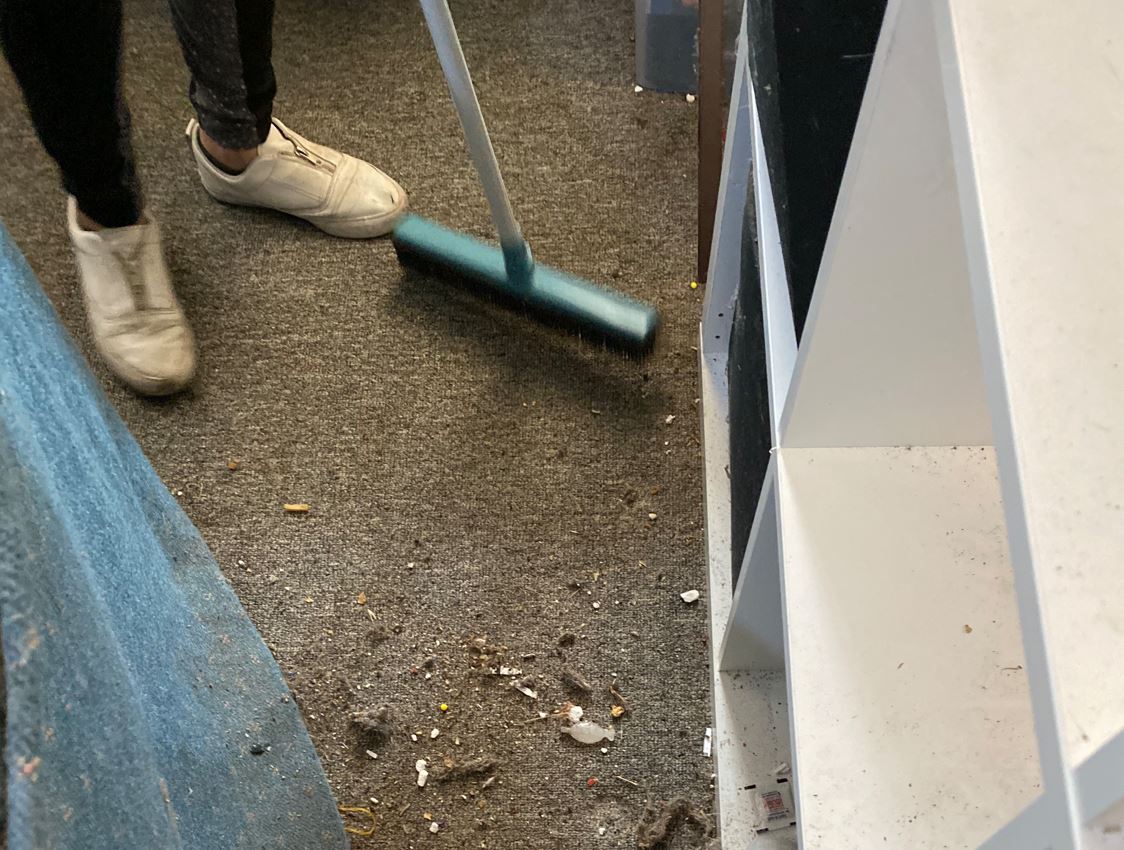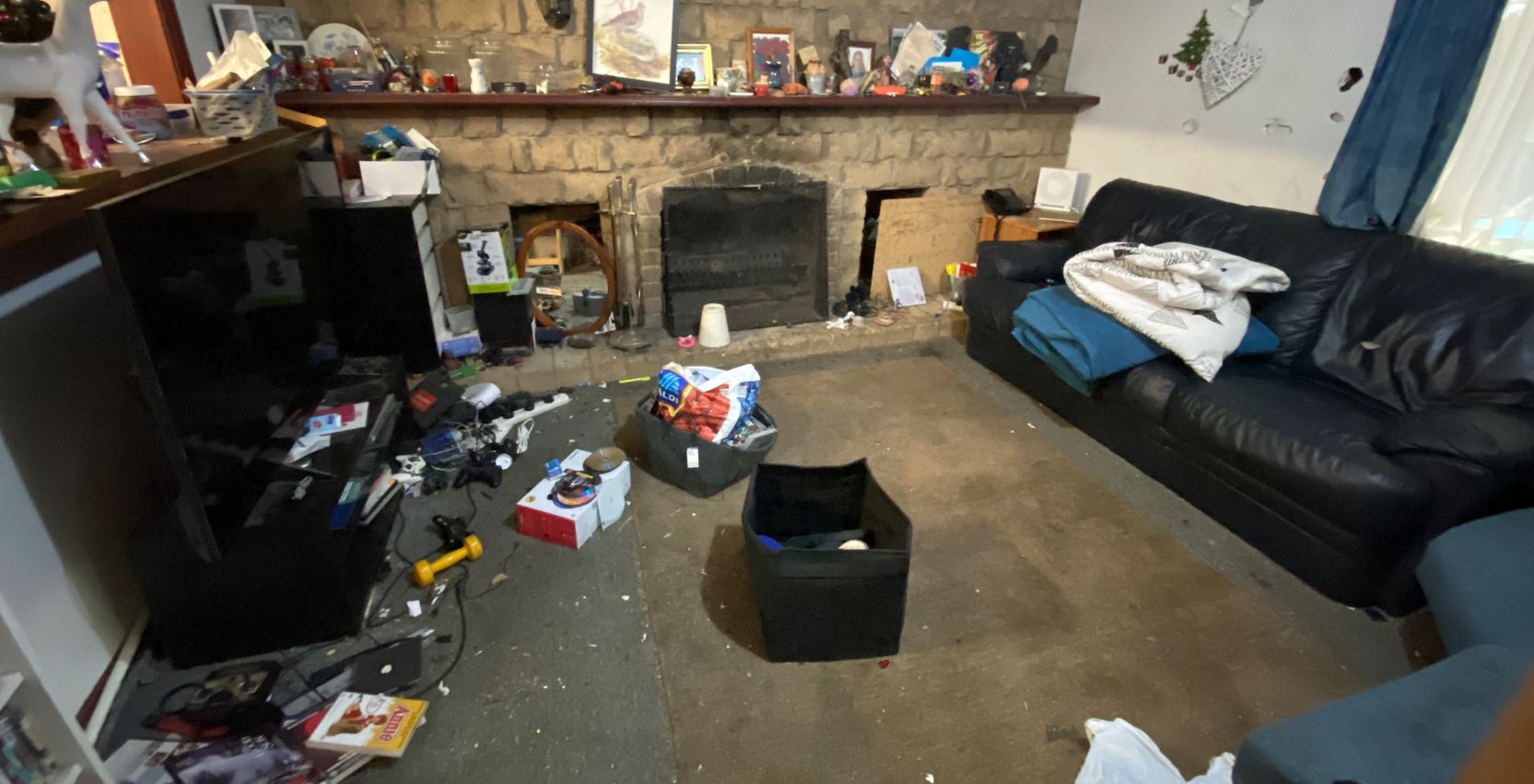In today’s busy world, many people are struggling with feelings of extreme tiredness and being overwhelmed. It can feel like a never-ending cycle of work, chores, and responsibilities, with no time left to recharge. For some, this feeling gets worse, turning into burnout—a serious and often misunderstood condition. But the good news is that burnout isn’t laziness, and it’s something that can be fixed. Let’s explore how burnout affects different parts of our lives and what you can do to regain control.
What Is Burnout?
Burnout is more than just feeling tired after a long day. It’s a state of emotional, physical, and mental exhaustion caused by prolonged stress. When you’re burnt out, you feel drained, unmotivated, and sometimes unable to focus on even the most simple tasks. It can happen to anyone, whether you’re working a full-time job, running a business, managing a home, or caring for your family.
People often confuse burnout with laziness, but it’s not the same. Laziness is a choice to avoid doing things. Burnout, on the other hand, happens when your body and mind are pushed too hard for too long, and you no longer have the energy to keep up. It affects your health, well-being, mood, productivity, and even your family life.
Health: The Hidden Costs of Burnout
One of the biggest impacts of burnout is on your physical health. When you’re burnt out, your body experiences constant stress. This stress releases chemicals like cortisol, which, over time, can lead to a variety of health issues such as headaches, digestive problems, and even heart disease.
Burnout also weakens your immune system, making you more susceptible to colds and infections. You may find yourself getting sick more often or feeling physically drained all the time. In severe cases, burnout can lead to more serious health conditions like anxiety, depression, and chronic fatigue syndrome.

Mental Health: The Strain on Your Mind
Burnout doesn’t just affect your body—it can take a serious toll on your mental health too. The constant pressure and exhaustion can cause feelings of anxiety, sadness, or hopelessness. You may start to feel disconnected from others, as though you’re going through the motions without truly engaging with life.
When burnout sets in, it’s harder to concentrate, make decisions, and think clearly. You might find yourself becoming forgetful, or you might have trouble completing even simple tasks that you used to do without thinking. This lack of mental clarity can make you feel stuck, unable to move forward, and more frustrated with your situation.
Emotional Health: Feeling Like You’re Falling Apart
Emotionally, burnout can be just as challenging. You might feel irritable, angry, or overwhelmed by even the smallest problems. This emotional exhaustion can spill over into your relationships, making it hard to be present for your family and friends.
Burnout can also lead to feelings of guilt and shame. You may feel like you’re failing because you can’t keep up with your responsibilities or because you’re not performing at your best. This can make you feel like you’re not good enough, adding to the emotional strain.
Family Life: The Impact on Loved Ones
When you’re burnt out, it’s not just you who feels the effects—it can also impact your family. If you’re a parent, you may find it hard to keep up with your children’s needs. You might not have the energy to play with them, help with homework, or keep the house in order. This can lead to frustration and feelings of inadequacy, making you feel like you’re failing as a parent or partner.

Your relationships can also suffer. When you’re emotionally exhausted, it’s harder to connect with your partner or family members. You may withdraw, become short-tempered, or feel emotionally distant, which can strain your relationships over time. The stress of burnout can turn family life into a source of additional pressure, rather than a place of support and relaxation.
Productivity: Getting Stuck in a Cycle
Burnout has a big impact on your productivity. At first, you may notice a drop in your performance, and you might struggle to get tasks done. Over time, this can snowball into even more stress. The pressure to keep up with work or household duties while feeling exhausted can make everything seem like an impossible task.
When you’re burnt out, your focus, creativity, and energy levels are at an all-time low. You might find yourself procrastinating, unable to meet deadlines, or constantly putting off important tasks. This can make you feel stuck and overwhelmed, further adding to your feelings of frustration.
Mood: A Rollercoaster of Emotions
Burnout can turn your mood into a rollercoaster ride. One minute, you might feel okay, and the next, you’re irritated or feeling overwhelmed by everything. It’s a constant shift between feeling tired, anxious, sad, or frustrated. This emotional instability can make it difficult to enjoy things, as nothing seems to make you feel truly happy or content.
The toll on your mood can also make it harder to stay motivated. You may feel a sense of apathy towards your work, your home, or even your hobbies. Things that used to bring you joy no longer do, and you might start feeling like there’s no end to the cycle of exhaustion.
Well-Being: Finding Your Balance Again
When you’re burnt out, it feels like your well-being is falling apart. Your physical, mental, and emotional health all take a hit, making it hard to find balance. But burnout doesn’t have to be permanent. With the right steps, you can recover and start feeling like yourself again.
It’s important to start by acknowledging that you need help. Burnout is not something that can be solved overnight, but taking small steps to care for yourself will gradually make a big difference. Here are some ways to start improving your well-being:
- Rest and Recharge: Take time for yourself. Get enough sleep, relax, and let your body heal. The more rested you are, the better equipped you’ll be to handle stress.
- Delegate Tasks: One of the best ways to combat burnout is by delegating tasks. Whether it’s at work or at home, sharing responsibilities with others can lighten your load and free up time for self-care. Hiring a professional cleaning service, for example, can help reduce the pressure of keeping your home tidy and organised, and provide much-needed proactive home support.
- Set Boundaries: Learning to say no is an important part of burnout recovery for mothers or anyone feeling the strain of emotional exhaustion at home. Protect your time and energy by setting clear boundaries with work, family, and other commitments.
- Focus on What Matters: Prioritise the things that truly matter to you. Spend time doing activities that bring you joy, whether that’s spending time with loved ones, reading a book, or enjoying nature.
- Seek Professional Help: If burnout is severe, it may be helpful to talk to a mental health professional. They can guide you through coping strategies and help you work through the emotional and mental effects of burnout.
Wealth: Investing in Your Health
Taking steps to recover from burnout is not just good for your health—it’s also an investment in your future well-being. When you’re burnt out, you’re less productive, less focused, and more likely to make mistakes. This can have a negative impact on your career or business, leading to missed opportunities or even financial setbacks.
By taking care of your health and well-being, you can improve your productivity, creativity, and overall performance. It’s an investment that will pay off in the long run, both in terms of your personal happiness and financial success.
Conclusion: Taking Action Against Burnout
Burnout is not something to be ashamed of, nor is it a sign of laziness. It’s a real condition that can have a serious impact on your health, productivity, family life, and well-being. The good news is that burnout is fixable. By recognising the signs, prioritising self-care, and seeking help when needed, you can recover and start feeling like yourself again.
At Clean House Melbourne, we understand how overwhelming life can get. If you’re feeling burnt out, delegating tasks like cleaning and organising can help lighten the load. This simple act of outsourcing can give you the time and space to focus on your recovery, ensuring that you get back to feeling healthy, happy, and productive. Stop burnout before it breaks you, and give yourself the invisible workload help you deserve. Whether you’re dealing with mental health and housework or simply looking to fix burnout at home, the support you need is out there.
Feeling overwhelmed and burnt out? Let Clean House Melbourne help lighten your load. Contact us today at 03 8583 9102 or email info@cleanhousemelbourne.com.au for professional cleaning services. Visit cleanhousemelbourne.com.au to learn more!


 Email Us
Email Us Whatsapp
Whatsapp



